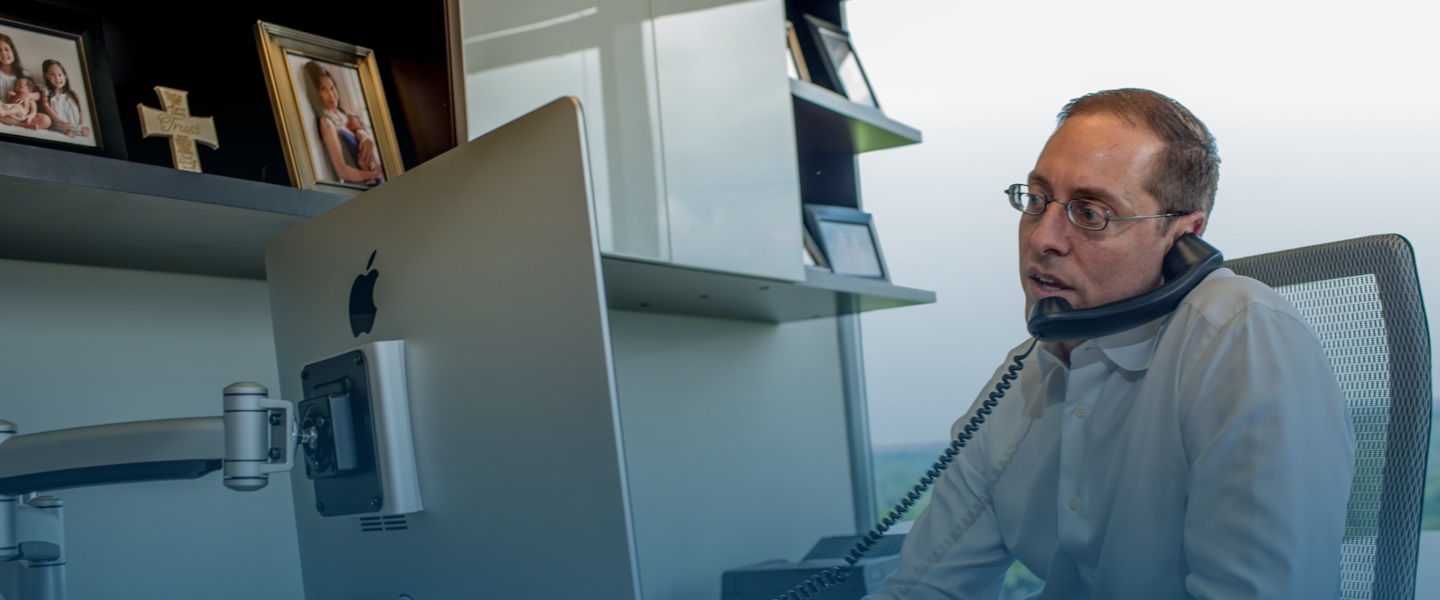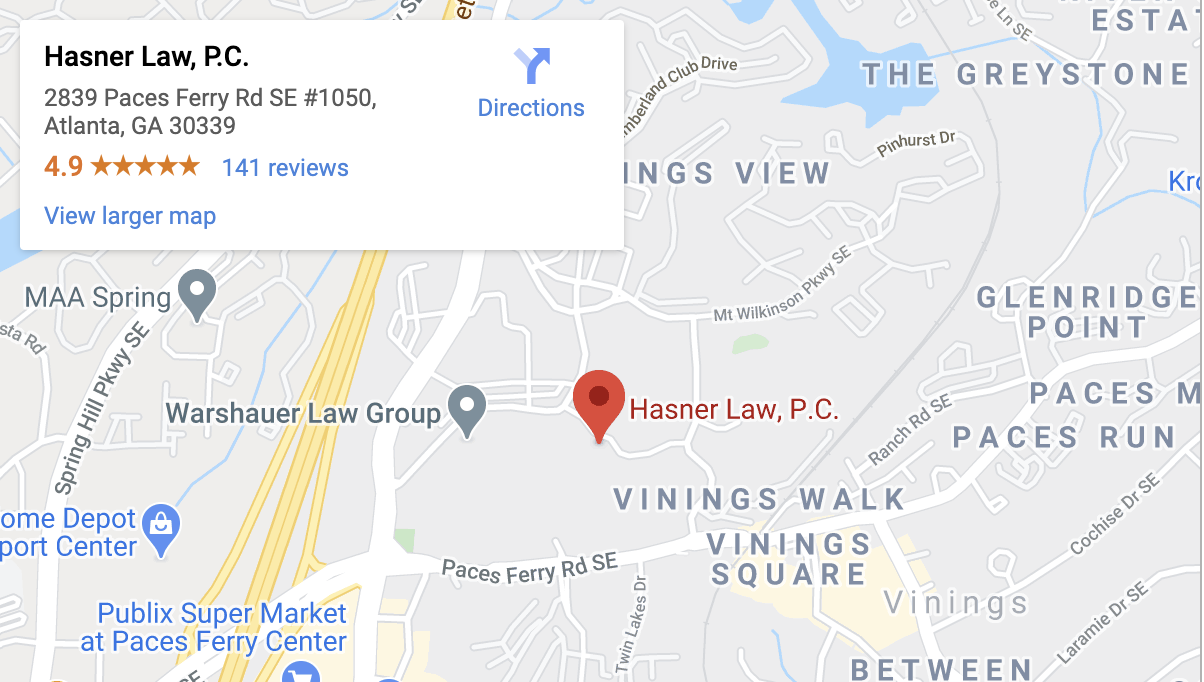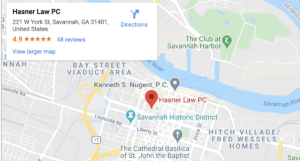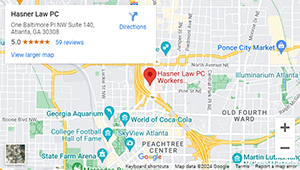Atlanta Hernia Mesh Lawsuits
NOTE: Our law firm does not handle these cases. This article is for informational purposes only. Information found in the article does not constitute as formal legal advice and does not create an attorney/client relationship.
Are you struggling with hernia mesh complications after surgery in Atlanta, GA? Injuries caused by defective hernia mesh can be severe. An experienced Atlanta hernia mesh lawyer can help you fight to recover fair compensation for your medical bills, lost wages and more.
A team of Atlanta product liability lawyers can help you hold the manufacturing company liable.
Overview of Hernia Mesh Lawsuits
Hernias happen when an organ or the intestines begin to push through the surrounding muscles and tissue. Most of the time, surgery is required to repair the damage.
Hernia mesh is a type of medical implant used to support the tissue while the hernia heals after a hernia repair. There are several different types of hernia mesh. Some types of hernia mesh dissolve in the body. Other types allow the tissue to grow around it.
While hernia mesh can be effective, it can also cause serious problems if it’s defective. Hernia mesh can shift or move after it’s been implanted. When the mesh moves, it can damage the internal organs, which can lead to serious infections.
Hernia mesh manufacturers have been accused of marketing defective or unreasonably dangerous hernia mesh. Doctors and patients claim that the manufacturer failed to warn them about the serious risks associated with the mesh.
A lawyer can help with the cases involving defective:
- Atrium C-Qur Hernia Mesh
- Atrium ProLite Mesh
- C.R. Bard Ventralight Hernia Mesh
- The C.R. Bard Kugel Patch
- Johnson & Johnson Ethicon Mesh
- Sofradim Versatex Monofilament Hernia Mesh
Countless patients were injured by defective mesh even before the Food and Drug Administration (FDA) issued product recalls.
If you sustained an injury due to defective hernia mesh, you may be entitled to compensation. To learn more about your legal options, call our Atlanta hernia mesh attorneys for a free case review today.
What Are the Signs of Defective Hernia Mesh?
Patients who suffer side effects after a hernia mesh surgery may have been harmed by defective surgical mesh.
Some of the most common signs that you were harmed by defective mesh include:
- Development of fistulas
- Punctured bowels
- Nerve damage
- Ongoing fever or fatigue
- Severe abdominal pain
- Nausea and vomiting
- Constipation
- Recurrence of the hernia
- Loss of consciousness
- Problems with sexual function
- Irritable bowel
- Unusual tenderness around the incision
If you notice any of these signs, it’s important to seek medical attention right away. With prompt medical care, it may be possible to prevent some of the more serious long-term consequences.
What Are the Common Causes of Hernia Mesh Injuries?
Some of the most common reasons hernia mesh injuries occur include:
- The hernia mesh implant became rigid instead of flexible
- The mesh moved within the body after surgery
- The mesh caused nearby muscle or tissue to adhere to the mesh
- The mesh disintegrated within the body
- The mesh folded within the body after surgery
These complications aren’t supposed to happen. Many allege that they only happened because of design defects in the mesh itself.
What Types of Damages Are Available to Victims of Defective Hernia Mesh?
Defective hernia mesh can cause serious long-term damage. If you were injured, you deserve fair compensation.
You may be entitled to compensation for:
- Past and future medical expenses
- Lost wages
- Reduced earning potential
- Rehabilitation and repair surgery
- Physical pain and suffering
- Emotional distress
- Diminished quality of life
- Anxiety, depression, and PTSD
- Loss of consortium
You can count on our lawyers to fight for the full range of damages available in your case. To learn more, call our law firm to schedule a free case evaluation today.
How Do I Prove Liability in a Hernia Mesh Case in Georgia?
Hernia mesh cases are filed under Georgia product liability laws. In the state of Georgia, manufacturers are required to take reasonable steps to make sure the products they sell are safe for consumer use. Medical products that suffer from certain types of defects are considered unreasonably dangerous.
There are three primary types of product defects:
- Manufacturing defects
- Design defects
- Marketing defects or failure to warn
When a product suffers from one of these defects, you don’t have to prove negligence to recover compensation. The product manufacturer can be held strictly liable for any harm the defective product causes.
Most hernia mesh lawsuits are based on design defects or failure to warn consumers about non-obvious risks associated with the mesh.






